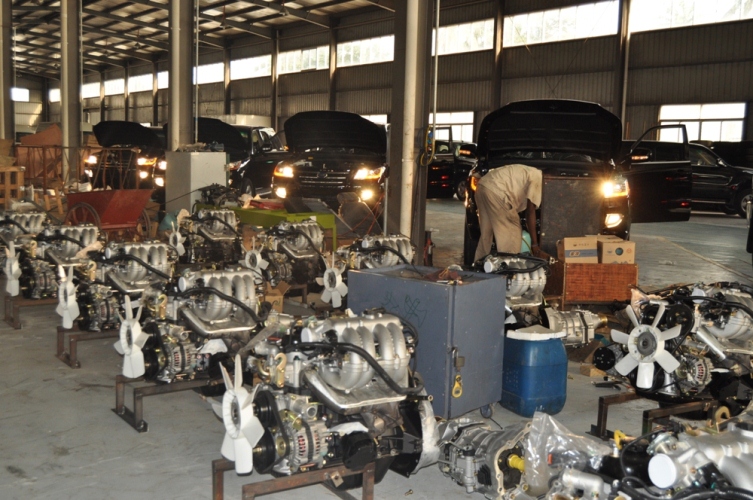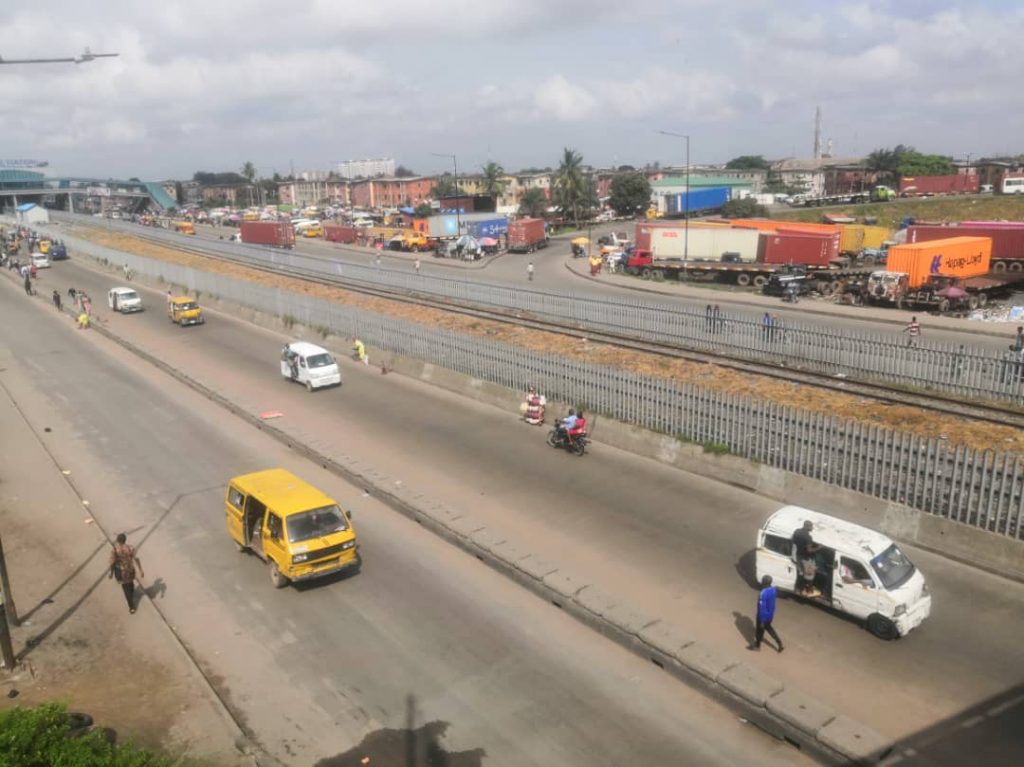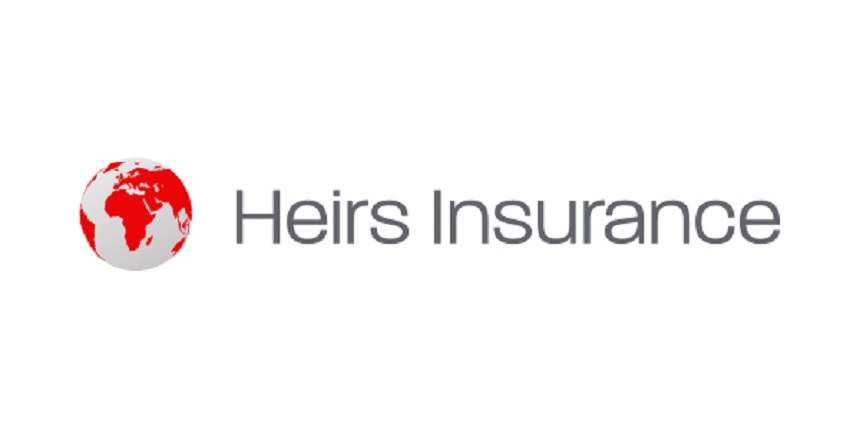Auto
Innoson Group Targets 7,000 Jobs


By Dipo Olowookere
Nigerian car manufacturing firm, Innoson Group, has entered into a partnership deal with a Chinese consortium to invest about $1 billion in the information and technology sector. The deal is expected to provide about 7,000 jobs for the youths.
A part of the partnership is a $400 million investment in Nigeria’s DSO project Digital Satellite TV Station and an additional $600 million covering other important sectors.
In a statement to newsmen by the spokesman of Innoson Group, Mr Cornel Osigwe, it was disclosed that the multi-billion investment deal will bring about production of Broadcast Digital Set-Top-Boxes.
Mr Osigwe also disclosed that the consortium of Chinese Foreign Investment Group will be received on Monday (tomorrow) by the Vice President, Mr Yemi Osinbajo.
He said the consortium would be led by Liu Baoju, a Deputy Minister of Communist Party of China in Shandong Province, who is equally the Chairman of Shandong Broadcasting Group and Shandong Cable Interactive Service Ltd, the world’s biggest TV operators and Huang Gang, Senior Vice President of Inspur Group and President of its Overseas Headquarters.
Mr Osigwe gave the analysis of the investment deal as:
- Financial foreign investment credit facility of $300million USD for local production and supply of a minimum five to eight Million (5-8million) Set-Top Boxes to support the Federal Government of Nigeria Digital Switch Over (DSO) project being handled by the Nigerian Broadcasting Commission in order to meet the deadline switch of June 2017.
- Financial foreign investment of $100million USD to establish the latest technology and biggest DTH (Direct-To-Home) Digital BING Television Station across all states of Nigeria.
In addition, the above two immediate investments are being followed by another $600 million USD investment in which negotiations is almost fully concluded with our strategic partners to cover the following areas of Nigerian economy:
- Smart City (CCTV camera) using cloud computing total solution that is known as E-Policing to cover the whole landmass of Nigeria.
- Cloud Computing Total Solution on Taxation with IT applications for such institutions as Federal Inland Revenue Service (FIRS) and other taxation agencies for seamless and stress-free tax collection mechanism.
- E-Education IT Solutions with big data centres for all Federal Universities and Polytechnics in the country
It is also interesting to note that the Nigerian company bringing in and partnering with these foreign investors is the Innoson Group, Nigeria’s first indigenous and largest local manufacturer of automobiles and the largest plastic-processing manufacturer in West Africa.
The company as a trailblazer has decided to be part of history as one of the companies that will take Nigeria into the digital world. In order to keep up with its trend of opening new grounds, it has decided to diversify into Information Technology (IT) and the Multi Media Sector with the plan to launch a Satellite Digital TV operation and other services in partnership with Shandong Broadcasting Group and Shandong Cable Interactive Service Ltd China with technical support from Inspur Group Co Ltd, China.
This foreign investment is coming at a time when Nigeria is in dire need of foreign investors to boost the economy. The focus point of the investment will go a long way to boost the economy of Nigeria with the following as attendant benefits:
- Assist the Federal Government to meet its June 2017 deadline for the transition from analogue to digital broadcasting services.
- Establishment of 40 lines of production and manufacturing complex for making Broadcast Digital Set-Top-Boxes, the biggest of its kind in the whole of Africa.
iii. Job creation of over 5,000 jobs in the Innoson Group Set-Top-Box manufacturing complex in Nigeria within the next two years.
- Job creation of about 2,000 jobs by Innoson BING Digital DTH Television operation across Nigeria with the first two years.
- Nigeria will become the manufacturing hub for Set-Top-Box in Africa with the attendant benefit of earning foreign exchange through exports from Innoson Manufacturing Complex.
- Innoson Group would put into use its biggest plastic industry at Enugu by locally manufacturing most of the plastic components of the Set-Top-Box thereby saving cost.
vii. Another important benefit is that BING TV Project will engage the almost under-utilised Nigerian Communication Satellite (NIGCOMSAT) situated at Obasanjo Space Centre in Abuja with its numerous benefits of saving foreign exchange by buying into Nigeria available goods and services, instead of engaging foreign satellite and transponders as all our other competitors here in Nigeria are currently doing.
viii. Providing adequate National security using cloud computing technology to secure our country against insurgency, militancy, kidnapping and all other forms of dangerous crimes.
Auto
Lagos Wants Fewer Cars on Roads to Drive Growth

By Adedapo Adesanya
The Lagos State Government has reiterated its commitment to creating an eco-friendly state with fewer cars on the roads in the future.
The Lagos State Commissioner for Transportation, Mr Oluwaseun Osiyemi, said this during a presentation at the closing of the fifth Lagos Real Estate Marketplace Conference and Exhibitions in Lagos.
Mr Osiyemi said that the commitment is in line with the T.H.E.M.E.S Agenda of Mr Babajide Sanwo-Olu’s led administration, expressing concerns that traffic congestion costs the state trillions of Naira in budget deficits annually.
The transportation commissioner noted that the heavy reliance on road transportation, which accounts for 90 per cent of travel in Lagos, is unacceptable and unsustainable.
The Commissioner stated that water and rail transportation account for only two per cent of the means of transportation, highlighting their gross underutilisation.
Mr Osiyemi emphasised that every sector in the state must be robust enough to contribute significantly to the wellbeing of its residents, as Lagos accounts for 30 per cent of the nation’s gross domestic product.
He expressed the state’s readiness to maximise the use of intermodal transportation system, to help upscale socio-economic activities in the metropolis and reduce man-hour loss to traffic.
In a panel discussion, the Special Adviser to Governor Sanwo-Olu on Climate Change and Circular Economy, Ms Titilayo Oshodi, emphasised the need for the state and its stakeholders to adopt a purposeful approach to waste management.
Ms Oshodi highlighted the importance of a circular economy in recycling, repurposing and reusing waste effectively.
She noted that several policies were already in place in the state for managing waste, urging producers and manufacturers across various sectors to collaborate with the state government to contribute to carbon reduction efforts.
Other panellists including Ms Stella Okengwu, Chief Executive Officer of Winhomes, said that the current economic situation calls for housing to be built based on clear demand that aligns with people’s budgets while Mr John Oamen, Co-founder of Cutstruct, urged the state government to promote the digitisation of construction procurement.
This, he added, would enhance the efficiency and practices of the construction and real estate sectors.
Auto
Heirs to Introduce Low-Cost Motor Insurance

By Modupe Gbadeyanka
There are plans by Heirs Insurance to introduce insurance products tailored for vehicle owners, a statement from the underwriting firm has disclosed.
According to the subsidiary of Heirs Holdings, this low-cost motor insurance package known as the Flexi Comprehensive Motor Insurance Plan will provide the benefit of a comprehensive motor insurance plan for a fraction of the cost, addressing the financial realities many Nigerians face.
The underwriting company announced the plan to introduce this package as it launched a new campaign designed to reward its customers.
This initiative themed Unwrapping Smiles will bring hope to individuals, families, and communities this holiday season, and will run from December 10 to December 31, 2024.
It will feature community-focused outreaches, including Christmas gifts and exciting rewards to put smiles on the faces of Nigerians. It will also include the launch of a holiday-watch web film known as The Underwriters for all Nigerians to enjoy.
“At Heirs Insurance Group, we are committed to providing much more than insurance. In a season when many Nigerians seek hope and reasons to smile, we are proud to offer initiatives that inspire and uplift,” the Chief Marketing Officer of Heirs Insurance, Ms Ifesinachi Okpagu, said.
Auto
FG Claims Investments in Presidential CNG Initiative Now $450m

By Adedapo Adesanya
Nigeria’s Presidential Compressed Natural Gas Initiative (PCNGi) claims that investments in championing the CNG value chain have hit $450 million.
This was disclosed by Mr Michael Oluwagbemi, Project Director and Chief Executive Officer (CEO), PCNGi, during the 9th Edition of the Nigeria Energy Forum (NEF2024) Day 2, Virtual Event themed Energising Sustainable Industrialisation.
According to the PCNGi CEO, the amount goes into things like mother stations, daughter stations and refuelling stations as well as conversion centres which are starting to spring up across the nation.
Mr Oluwagbemi, represented by Mr Tosin Coker, the Head of Commercial, PCNGi, said the initiative had successfully converted more than 10,000 vehicles from petrol to CNG.
“By 2027, the initiative will have converted more than one million vehicles using petrol to CNG,” he said.
On incidents of explosion of vehicles using CNG, the CEO assured Nigerians that it had taken precautionary measures with different agencies of government to ensure safety.
Mrs Ibironke Olubamise, National Coordinator of the GEF Small Grants Programme (SGP), managed by UNDP, said the SGP was investing in youth energy innovation for economic growth and environmental sustainability.
Mr Daniel Adeuyi, NEF Group Chairman, said, “The event featured three super sessions on Energising Industrial Revolution, Community Climate Action by GEF-SGP UNDP and Clean Energy Innovations.
“The sessions are to share lessons learnt from real-life projects and build capacity of young entrepreneurs and cross-industry professionals.”
Mr Joseph Osanipin, the Director General of the National Automotive Design and Development Council (NADDC), said that the council had trained more than 4,000 auto technicians on how to convert petrol vehicles to CNG.
He said the council had started campaigns to sensitise Nigerians on the advantages of using CNG to power their vehicles.
“CNG can guarantee a cleaner environment, it is cheaper and affordable,” he said.
Mr Oluwatobi Ajayi, the Chairman and Managing Director of Nord Automobile Ltd., said the company was established to tackle the growing demand for vehicles in Africa and reduce import dependency.
He said that because of the Federal Government’s CNG initiative, the company had incorporated it into their vehicle production to meet up with the government policy.
Mr Armstrong Tankan, the Managing Director and Chief Executive Officer, Ministry of Finance Incorporated (MOFI), said that MOFI was set up in 1959 as the statutory vehicle to hold all the assets owned by the federal government.
“Today, we’ve been able to identify the assets the federal government owns and we are trying to track them.
‘We actually do have assets, not just locally but globally as well and we must establish visibility over what the federal government owns before we can start talking about managing them.
“So, we want to try to minimise the waste, minimise the overlaps and help to improve output,” he said.
-

 Feature/OPED5 years ago
Feature/OPED5 years agoDavos was Different this year
-
Travel/Tourism8 years ago
Lagos Seals Western Lodge Hotel In Ikorodu
-

 Showbiz2 years ago
Showbiz2 years agoEstranged Lover Releases Videos of Empress Njamah Bathing
-

 Banking6 years ago
Banking6 years agoSort Codes of GTBank Branches in Nigeria
-

 Economy2 years ago
Economy2 years agoSubsidy Removal: CNG at N130 Per Litre Cheaper Than Petrol—IPMAN
-

 Banking2 years ago
Banking2 years agoFirst Bank Announces Planned Downtime
-

 Sports2 years ago
Sports2 years agoHighest Paid Nigerian Footballer – How Much Do Nigerian Footballers Earn
-

 Technology4 years ago
Technology4 years agoHow To Link Your MTN, Airtel, Glo, 9mobile Lines to NIN










